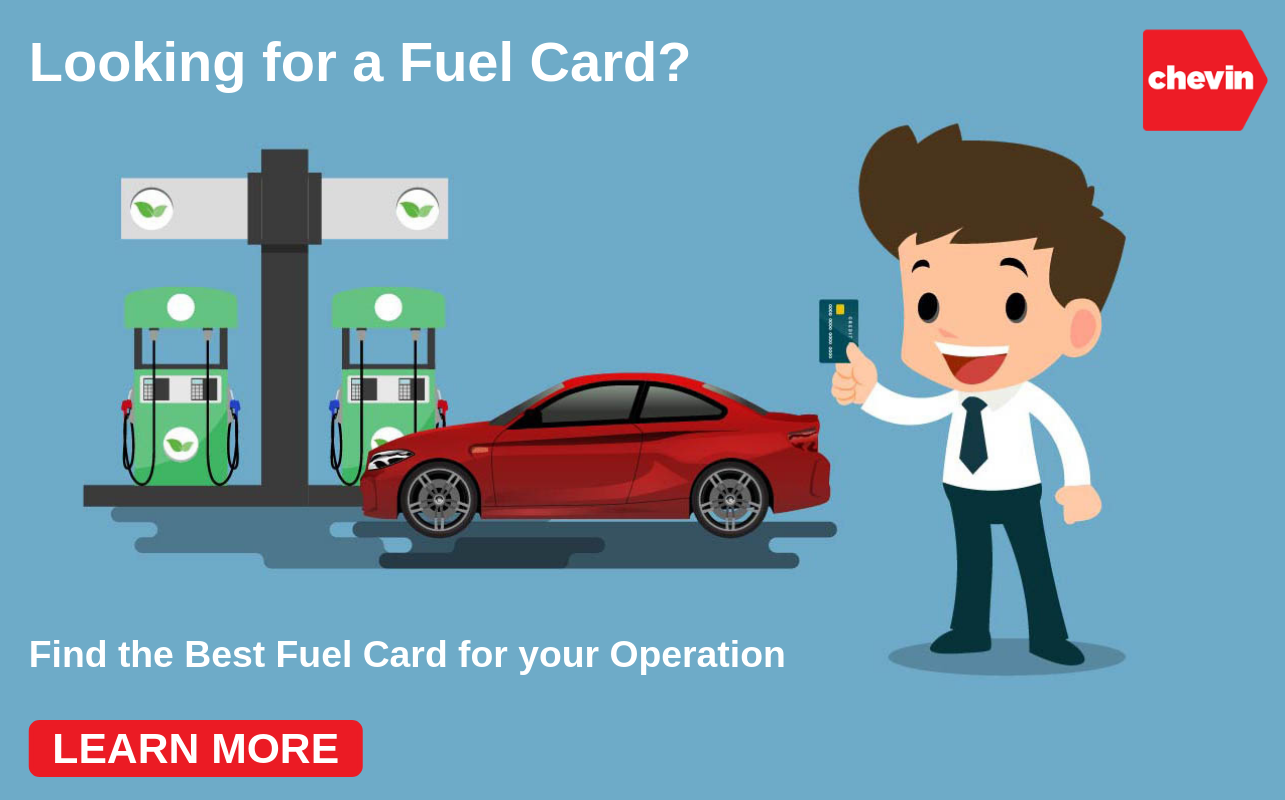Learning Zone
Managing fleet fuel purchases
Should fleets ‘pay the price’ when it comes to fuel?
Integrating fuel data into your fleet management software helps reduce both costs and your environmental impact

Fuel is a valuable commodity to any fleet. One of the highest fleet costs, it’s often marred by frequent fluctuations which can make keeping within budget a challenge. Monitoring and managing fuel purchasing can be a complex process which is where fleet management software and fuel integrations can really come into their own. What’s more, they can help reduce your environmental impact too!
Here are a few fuel purchasing tips that you should consider adopting to help set you on the right track.
Make the right fuel choice
Managing costs needs to begin by choosing the right fuel for your vehicles. Although gasoline and diesel tend to be the preferred choices, electric vehicles (EV) and hybrids such not be dismissed from the portfolio.
There’s no escaping it, the future of fleet will become electric and the initiatives and incentives are already in place to ease the switch to EV and hybrid vehicles. Car manufacturers are responding to this by rapidly increasing their EV portfolios as the sale of diesel and gasoline is set to be banned in some countries from as early as 2030.
The environmental impact of vehicles
Fuel choice is readily linked to environmental impact through increased CO2 emissions. The lifetime running costs of an EV vehicle versus gasoline and diesel models can be measured to compare running lifetime running costs and help determine the most cost-effective models for a fleet. Calculations on lifetime CO2 emissions and reduction strategies can be included within this monitoring too.
A higher purchase price often deters fleet managers from considering EV vehicles. However, lower fuel and maintenance costs can make them more favorable when measured against other fuel types through overall lifecycle costs.
Current and future environmental regulations in your operating area can also impact on the choices available to you. Some jurisdictions, for example, may encourage or prohibit fuel types based on their performance, which will add to your fuel budget. Similarly, incentives are in place to support the uptake of alternative fueled vehicles. These can take the form of per gallon tax credits or grants for purchasing vehicles that have lower fuel consumption.
The entire fueling infrastructure needs to be considered. Investment in EV charge points is ongoing, but is it readily available at commercial or retail locations in your fleet operating areas? The answer maybe not yet, but it’s certainly worth planning in EV vehicles within your fleet over the coming years.
Although there’s often no simple answer to the question of which type of fuel to use in your fleet, having a system in place to help you make the calculations and determine the best fit for your operation is a powerful tool.
Addressing fuel fraud
An often unspoken but real issue for many fleets is fuel fraud. No one likes to think of an employee is being dishonest, but the temptation can lead to measures being out in pace to deter this. With around 65% of fleets reporting fuel theft, such fraud takes place in different forms:
Filling a non-fleet vehicle during an authorized transaction – using the same pump to fill two vehicles on opposite sides of the fuel island.
Inflating business trip mileage when personal or mixed-use vehicles are in operation.
Claiming for a fuel purchase that exceeds a vehicle’s fuel tank capacity.
‘Side fueling’ – a driver pumps fuel into a container for personal use.
There is good news!
Fuel fraud can be identified and stopped by utilizing a fuel management system.

Data in fleet management software can alert to fraudulent activity by using tools such as:
- Monitoring mileage readings and alerting to discrepancies.
- Having an awareness of fuel economy.
- Alerting to fuel purchase anomalies.
Fuel management systems can also be used to set purchase limits, meaning drivers can only buy a certain amount of fuel at one time.
The benefits of fuel cards
With so many fuel cards to choose from, it can be a task to determine the best one for your fleet.
Our blog ‘How to choose the best fuel card for your fleet’ lists the key benefits and features provided by some of the most popular fuel cards currently available.
Be sure to choose the card the works best for your operation and not just the one with the best cost savings. There are some cards that can only be used at specific chains or facilities in certain regions. It’s important to choose these only if they mirror your fleet’s operating territory – universally accepted cards can be a better option in these instances. Similarly, some fuel cards provide discounted and volume-based pricing or other cost reductions for fleets that provide prompt payment.
Fuel cards can be integrated with fleet management software to provide comprehensive management capabilities.
The importance of fuel integrations
Fuel management systems incorporated into fleet management software allow you to gain detailed visibility into your fuel costs and transactions. Fuel transaction details can be integrated with commercial fuel card or electronic fuel management systems to automate data transfer.
Comprehensive reports also help cut fuel costs and improve your vehicle and driver performance, giving you peace of mind throughout a complex process.
With advanced fleet and asset management systems, integrating fuel data provides advanced fleet reporting opportunities with clear, detailed visibility on fuel purchasing, costs, fuel types, miles per gallon to help monitor costs and alert to potential fraud. Additionally, such systems remove the administrative burden associated with other methods of managing fuel to help find those cost savings.
The software can monitor vehicle emissions, providing an opportunity for a fleet to lessen their environmental impact. In fact, FleetWave can also compare real-world emissions against the manufacturer’s figures too!





